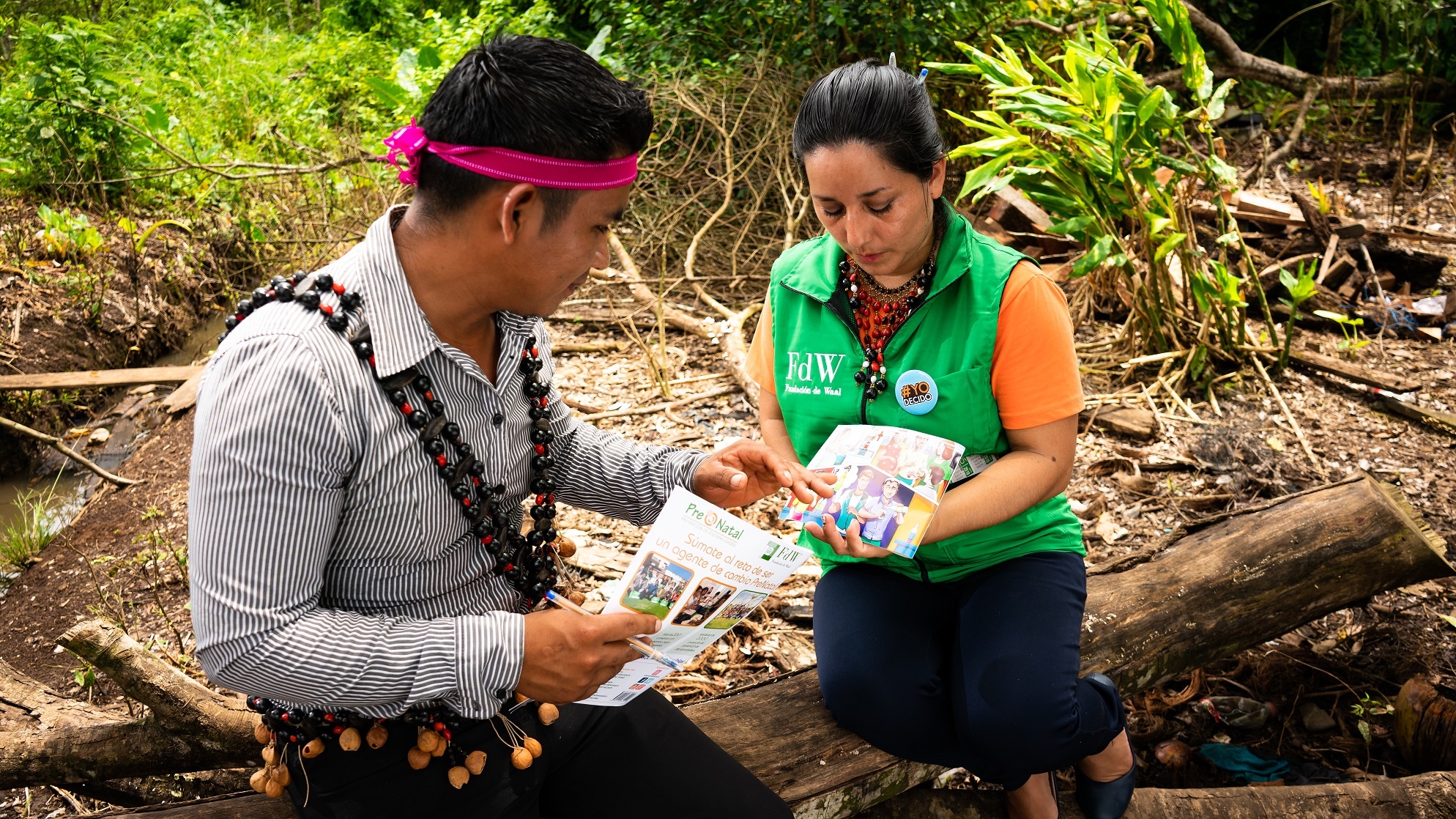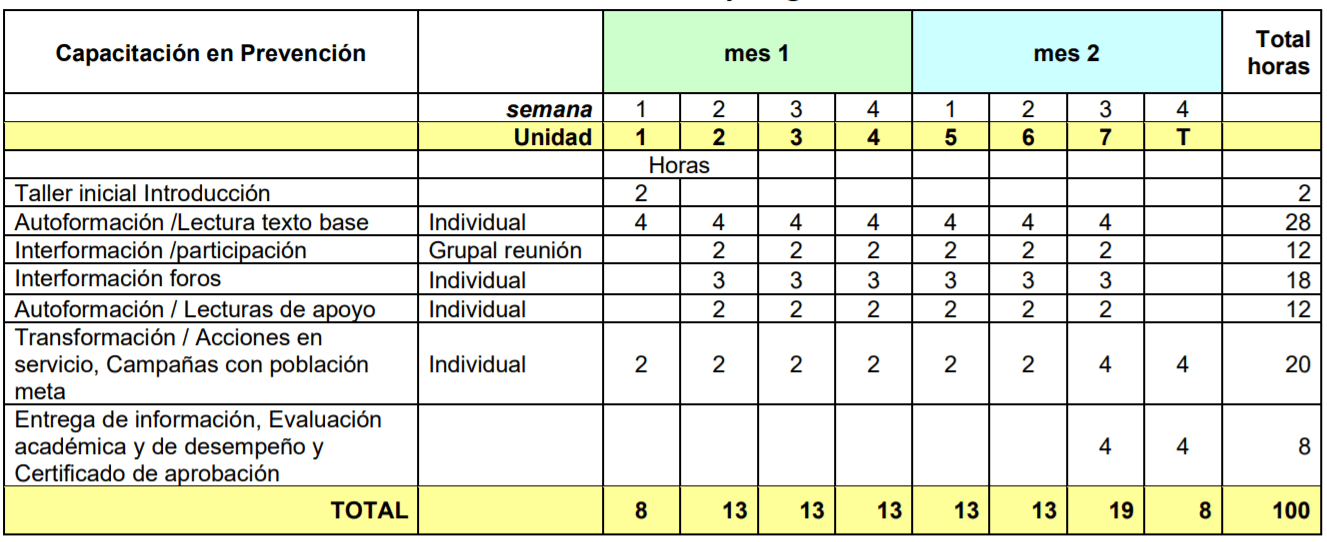International Course Second Edition
Prevention and promotion of Maternal and Child Health and exit strategies for the COVID-19 pandemic.
Target
Strengthen knowledge, promote discussion and analysis of public health management, prevention strategies, care and exit from the health crisis generated by COVID-19, to reduce deficiencies and diseases of babies during pregnancy and the first two years of life and take care of the mother’s health.

The Second Edition of the International Course on Prevention and Promotion of Maternal and Child Health and exit strategies for the COVID-19 pandemic, includes reviews and updates on all topics. Among them, latest figures on the incidence of the impact of COVID-19, lessons learned in the pandemic, vaccination, scenarios and transition strategies to exit the health crisis. The course offers an international experience with inputs, monitors and participants from 5 countries.
This International Course has been designed for a minimum of 100 academic hours in online mode. It contains a module with 7 topics, Supporting Readings and various activities to deepen and provide specific information on the country or region.

Admission profile
-
Interest in becoming an agent of change and holding workshops and virtual replication actions with the target population.
-
Commitment to the well-being of the community. Co-responsibility with the well-being of human development.
-
Aptitude and attitude for learning and the possibility of sharing their new knowledge with professional colleagues and with the target population.
-
Knowledge and / or previous experience in maternal and child health.
-
Possess a university degree and / or professional experience of at least 3 years.
-
Mediators who have passed through CS or CM of the PreNatal program have preference.
Graduate Profile
After the training process, the participants will be able to:
-
Recognize in the couple and their environment the risks and dangers associated with prenatal and postnatal deficiencies and disabilities in the context of COVID-19.
-
Identify and address the social determinants of health and their expressions in the context of COVID19 that affect impairments and disabilities, recognizing the relationship between them and the importance of intersectoral work to solve this problem.
-
Use tools that facilitate early detection of deficiencies and disabilities resulting from the crisis and post-crisis and define timely stimulation actions.
-
Develop actions for the prevention of deficiencies and disabilities of prenatal and postnatal origin, in personal, labor, institutional and community practice in this time of health, social and economic crisis.
-
Contribute, from the local or institutional level, to the construction of a culture of prenatal and postnatal prevention of deficiencies and disabilities to reduce the impact of the crisis on pregnant women and babies.
-
Mediate to achieve changes in attitudes and practices in the population, oriented towards
promotion of maternal and child health and the prevention of COVID-19.
-
Propose strategies and actions for transition and exit to the health crisis.
Monitors (Teachers)
Monitoring is conceived as an accompaniment to the process of training mediators and monitors of the International Basic Course. The FDW offers teachers called monitors, academically and methodologically qualified, who are also trained in both technical aspects of the program and pedagogical mediation. They are committed people, possessing leadership capacity, abilities and skills that contribute quality and effectiveness to the program.
Units and Contents
-
Introduction and Methodology: It offers a setting and context to the course, as well as the methodological guidelines of the PreNatal program and its application during this training process. It details the activities to be carried out and their evaluation.
-
Some basic principles of Epidemiology, similar viruses and SARS-Cov-2 : It presents concepts about epidemiology, its object of investigation, distribution and frequency. It also presents the determinants of health conditions in human populations, as well as the modalities and impact of the social responses established to address them. Most important statistics on the effects of the pandemic on maternal and child health, transmission mechanisms, prevention and evolution of the virus. Vaccination schedules, orientations and indications with pregnant women.
-
Covid-19 and pregnancy : Focuses on the analysis of pregnancy in relation to COVID-19, taking women among high-risk groups. Complications due to COVID-19 during pregnancy, diagnostic criteria for deterioration in the pregnant patient in the immediate or mediate puerperium are indicated. How to care for pregnant women during the pandemic and in this stage of transition and exit from the crisis. Caring for the physical and mental health of health workers.
-
Considerations for Delivery and the Neonatal Phase : Presents general recommendations to prevent COVID-19 infection during labor. It includes protocols for prevention and control during childbirth, general recommendations during the immediate puerperium, immediate care of the newborn to prevent the spread of COVID-19 after birth and care in case of infection from the mother and in case of infection of the newborn. Attachment and breastfeeding.
-
Early childhood: It focuses on the medical check-ups of the newborn and postpartum care for the mother. Likewise, advice is given on the timely stimulation of quarantined babies, how to maintain breastfeeding and prevention in case of infection from the mother or a family member.
-
Sexual Reproductive Health during the health crisis : Examines how to respond to the health crisis from a rights perspective, with an emphasis on sexual and reproductive rights. In addition, the risks related to the fulfillment of sexual and reproductive rights are analyzed, such as access to contraception and planning during periods of health emergency and isolation, such as COVID-19. It ends with some recommendations and responses from countries and communities.
-
The Ecohealth approach and Building a culture of prevention : Possible scenarios for the post-quarantine and post-COVID-19, Post-Pandemic situation are analyzed. In addition, contributions are presented from the approaches, strategies and prevention actions to respond to the health crisis. This analysis is completed with the discussion of the concept of Ecohealth, pregnancy and the health crisis.
